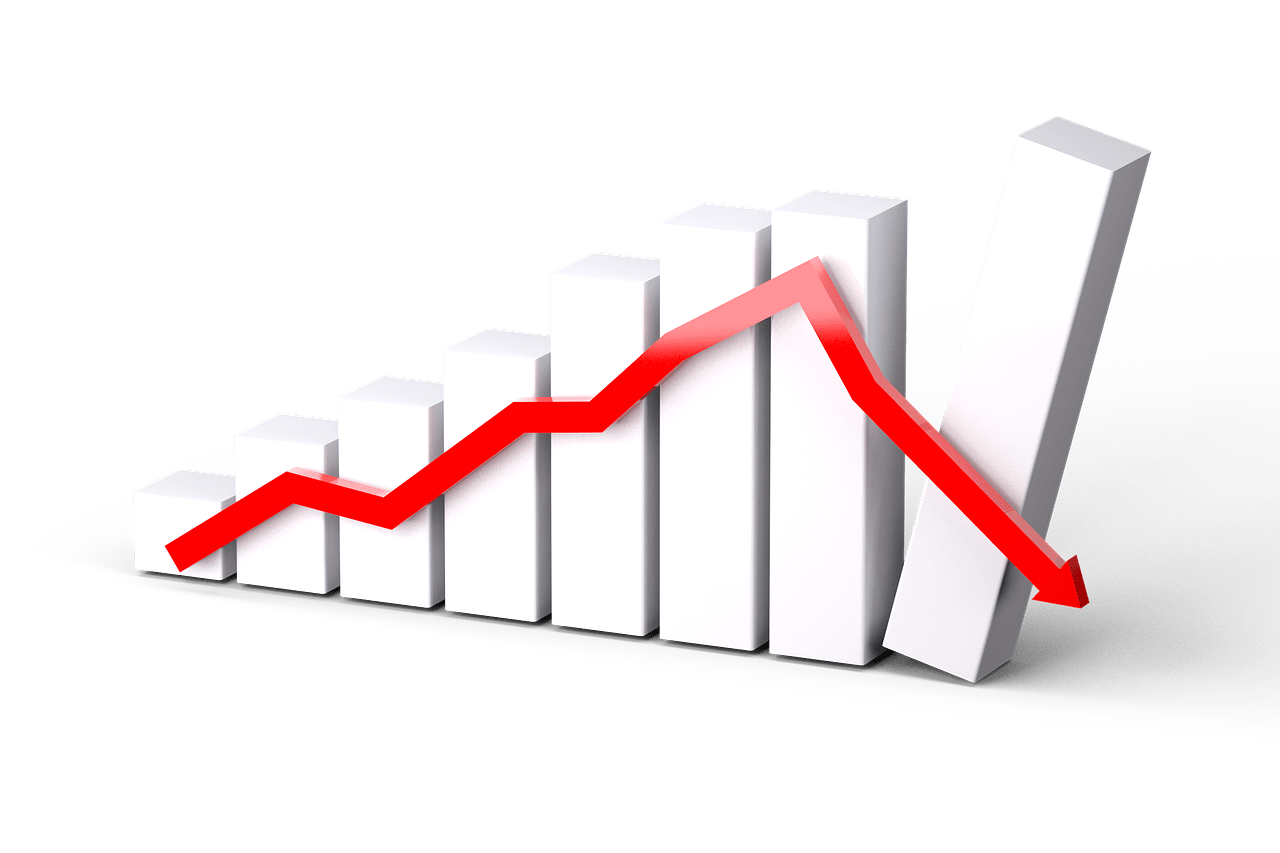Redditors who read the WallStreetBets forum have crushed hedge funds with the worst short squeeze in 25 years, according to Goldman Sachs. According to CNN, the firm said the most heavily shorted stocks have almost doubled in the past three months, triggering a massive short squeeze that has rocked hedge funds.
[soros]Q4 2020 hedge fund letters, conferences and more
Goldman said the short squeeze that started with GameStop and other heavily shorted stocks has spilled over into the rest of the market.
Hedge funds hammered by worst short squeeze in a quarter-century
The firm explained that there had been several short squeezes in the U.S. stock market over the last 25 years. However, none has been as extreme as the current one. According to Goldman Sachs, the most heavily shorted stocks with market values over $1 billion climbed by “only” 77% during the second quarter of 2020. The current short squeeze is also more than the 56% increase in those stocks as the Great Recession neared its end and similar rallies during the dotcom bubble.
The Reddit forum WallStreetBets has been driving epic rallies in GameStop, AMC and other heavily shorted stocks, aiming to harm hedge funds in the process. Hedge funds were forced to unwind their short positions by covering them, resulting in a massive squeeze. The purchases made to cover the short positions drove GameStop and the affected stocks even higher in a negative feedback loop.
Melvin Capital, one hedge fund that had a sizable short bet against GameStop, lost 53% of its value last month. Citadel and Point72 eventually had to bail Melvin out with a $2.75 billion infusion.
Why the mayhem spilled over
Hedge funds’ and short-sellers’ massive losses spilled over into the rest of the market last week as the S&P 500 saw its worst week since October. Some analysts blamed the chaos sparked by the Reddit forum for the broad-based selloff.
The spillover occurred because hedge funds and short-sellers had to sell other positions to counter the losses accrued in their short bets. Some dealt with margin calls, which are requests to put up more capital when positions weaken. Thus, to raise cash, they had to sell liquid stocks that had been doing well, like Amazon and Apple. That caused other investors to sell some of their positions, resulting in a negative feedback loop.
Goldman Sachs strategists said the recent market action “demonstrated that unsustainable excess in one small part of the market has the potential to tip a row of domines and created broader market turmoil.” When GameStop slumped, the rest of the U.S. equity market rallied.





